The scientific program includes keynotes by leading researchers in the field (Francesca Ciccarelli and Nikos C Kyrpides) and selected presentations of contest dataset analyses.
Program
Times are provided for UTC time zone.
Wednesday, 28 July 2021
| 11:00 | CAMDA Welcome | |
| 11:05 | CAMDA Keynote: Gene deregulations driving cancer at single patient resolution | Francesca Ciccarelli, Francis Crick Institute and King's College London, U.K |
| 12:00 | CAMDA Challenges - Overview | Wenzhong Xiao, Stanford Genome Technology Center, and Massachusetts General Hospital, Harvard Medical School, Boston, USA |
| 12:20 | Break, Open Networking Time | |
| 12:40 | Filter Drug-induced Liver Injury (DILI) Literature with Natural Language Processing and Ensemble Learning | Xianghao Zhan, Stanford University, U.S.A. |
| 13:20 | Comparative analysis of information-theory-based statistical methods and transformer-based machine learning techniques for scientific literature classification | Arsentii Ivasiuk, Bogomoletz Institute of Physiology, Kyiv, Ukraine |
| 13:40 | The CAMDA Contest Challenges TextNetTopics: Applied on Literature AI for Drug Induced Liver Injury | Malik Yousef, Zefat College, Isreal |
| 13:50 | Medical text classification using dynamic time warping (DTW) and a CNN-BiLSTM hybrid model | Gehad Youssef, University of Cambridge, U.K. |
| 14:00 | Break, Open Networking Time | |
| 14:20 | Robustness and reproducibility of computational genomics tools | Serghei Mangul, University of Southern California, Los Angeles, U.S.A. |
| 14:30 | In silico evaluation of SARS-CoV-2 primers performance | Michał Kowalski, Malopolska Centre of Biotechnology, Jagiellonian University University, Kraków, Poland |
| 14:40 | Mechanistic models of COVID-19 disease maps to model SARS-CoV-2 infection and antiviral interventions | Kinza Rian, Bioinformatics Área, Fundación Progreso y Salud (FPS), Sevilla, Spain |
| 14:50 | 1st day summary | |
| 15:20 | Poster Hall / Scientific Research Exchange / BoFs | |
| 16:20 | ISMB/ECCB Distinguished Keynote | Kate Jones, University College London, U.K. |
Thursday, 29 July 2021
| 11:00 | CAMDA Welcome | |
| 11:05 | CAMDA Invited: 5 myths about AI and its implication to regulatory science at FDA | Weida Tong, FDA National Center for Toxicological Research, Jefferson, U.S.A. |
| 11:40 | DILIc : An AI based classifier to search for Drug-Induced Liver Injury Literature | Sanjay Rathee, University of Cambridge, U.K. |
| 12:20 | Break, Open Networking Time | |
| 12:40 | A text-mining approach for the identification of DILI-related literature with automated concept extraction | Nicholas M Katritsis, University of Cambridge, U.K. |
| 13:00 | Fine-tuning pretrained roBERTa model for optimizing relevant biomedical literature search | Valentyn Bezshapkin, Malopolska Centre of Biotechnology, Jagiellonian University University, Kraków, Poland |
| 13:20 | Discovering relationship between bacteriophages and antimicrobial resistance | Dimitar Vassilev, Sofia University “St. Kliment Ohridski”, Bulgaria |
| 14:00 | Break, Open Networking Time | |
| 14:20 | CAMDA Keynote: Microbiome Data Science: from the Earth microbiome to the Global virom | Nikos C Kyrpides, DOE Joint Genome Institute, Walnut Creek, U.S.A. |
| 15:10 | 2nd day summary | |
| 15:20 | Poster Hall / Scientific Research Exchange / BoFs | |
| 16:20 | ISCB Innovator Award Keynote | Ben Raphael, Princeton University, U.S.A. |
Friday, 30 July 2021
| 11:00 | CAMDA Welcome | |
| 11:05 | CAMDA Invited: Mechanistic models in emerging infectious diseases: learning from COVID-19 | Maria Peña Chilet, Fundación Progreso y Salud (Andalusian Ministry of Health), Seville, Spain |
| 11:40 | Targeting the host response in COVID-19 by integration of metabolic modeling and cheminformatics | Gonghua Li, Kunming Institute of Zoology, Chinese Academy of Sciences, China |
| 12:20 | Break, Open Networking Time | |
| 12:40 | UTRCOV2: Unraveling T cell responses for long term protection of SARS-COV-2 infection | Dongyuan Wu, University of Florida, U.S.A. |
| 13:00 | ISMB/ECCB Proceeding: Investigation of REFINED CNN ensemble learning for anti-cancer drug sensitivity prediction | Omid Bazgir, Texas Tech University, U.S.A. |
| 13:20 | ISMB/ECCB Proceeding: PathCNN: Interpretable convolutional neural networks for survival prediction and pathway analysis applied to glioblastoma | Jung Hun Oh, Memorial Sloan Kettering Cancer Center, U.S.A. |
| 13:40 | ISMB/ECCB Proceeding: Asynchronous Parallel Bayesian Optimization forAI-driven Cloud Laboratories | Trevor Frisby, Carnegie Mellon University, U.S.A. |
| 14:00 | Break, Open Networking Time | |
| 14:20 | CAMDA Cafe - Grand challenges of our times | Joaquin Dopazo, Wenzhong Xiao, David Kreil |
| 15:10 | Award announcement and closing remarks | |
| 15:20 | ISCB Accomplishments by a Senior Scientist Award Keynote: Analyzing microbes in us and on our planet | Peer Bork, EMBL Heidelberg, Germany |
| 16:20 | Awards and Closing Comments |
Keynotes
Francesca Ciccarelli, PhD
Professor of Cancer Genomics at King’s College London, U.K.
Head of Cancer Systems Biology at the Francis Crick Institute, London, U.K.
Gene deregulations driving cancer at single patient resolution
A major challenge in cancer biology is the identification of gene alterations that promote cancer. Current methods tackle this issue by detecting signs of positive selection, i.e. identifying genes whose mutations recur across cancer samples because they confer selective growth advantages to the mutated cancer cells. However, in cancers where the recurrence of mutations across sample is low and the mutational landscape is highly variable but mostly flat, these approaches are clearly insufficient. We have developed a novel approach that allows a comprehensive characterisation of genes contributing to cancer one patient at a time. Our approach applies machine learning to identify aberrations in the individual patients based on their similarity to known cancer-driver alterations rather than how frequently they occur across patients. In my talk, I will explain how this approach works and will describe how we have validated experimentally some of these predictions to confirm their role in cancer. I will give examples of how a better knowledge of the completer repertoire of drive genes at the single-patient resolution contribute to enhance our understanding of carcinogenesis.
About the speake: Francesca Ciccarelli is Professor of Cancer Genomics at King’s College London and Group Leader at the Francis Crick Institute. Francesca graduated in Pharmaceutical Chemistry at the University of Bologna and received a PhD in Natural Sciences from the University of Heidelberg where she worked under the supervision of Peer Bork at the EMBL. There she studied the evolution of genomes using comparative genomics and phylogenetics. In 2005, Francesca started her independent research group at the European Institute of Oncology in Milan where she applied genomics and systems biology to study the evolution of gastrointestinal cancer. In 2014, she moved to King’s College London and since 2017 her group is seconded to the Francis Crick Institute. Francesca is co-lead of the patient stratification theme of the Cancer Research UK KHP Centre and of the cancer evolution theme of the CRUK City of London Cancer Centre. Francesca works with a multidisciplinary team of biologists, mathematicians, oncologists, engineers and computer scientists who apply molecular genetics, data analysis and theoretical modelling to study cancer biology and evolution. The work in her lab is supported by Cancer Research UK, King’s Health Partners and the European Union.
Nikos C Kyrpides, PhD
Head of Prokaryotic Super Program and the Microbiome Data Science Group, DOE Joint Genome Institute, Walnut Creek, U.S.A.
Microbiome Data Science: from the Earth microbiome to the Global virom
Microbiome research is rapidly transitioning into Data Science. The unprecedented volume of microbiome data being generated pose significant challenges with respect to standards and management strategies, but also bear great new opportunities that can fuel discovery. Computational analysis of microbiome samples involving previously uncultured organisms, is currently advancing our understanding of the structure and function of entire microbial communities and expanding our knowledge of genetic and functional diversity of individual micro-organisms. I will describe some of our computational approaches and will emphasize the value of data processing integration in enabling the exploration of large metagenomic datasets and the discovery of novelty. I will discuss current approaches and success stories for the discovery of novel phylogenetic lineages as well as the exploration of the viral dark matter.
About the speaker: Dr. Kyrpides joined the DOE Joint Genome Institute in 2004 to lead the Genome Biology Program and the development of the data management and comparative analysis platforms for microbial genomes and metagenomes (IMG). He became the Metagenomics Program head in 2010 and leads the Prokaryotic Super Program and the Microbiome Data Science Group since 2011. Prior to joining the DOE Joint Genome Institute, Dr. Kyrpides led the development of the genome analysis and Bioinformatics core at Integrated Genomics Inc. in Chicago, IL. He did his postdoctoral studies with Carl Woese at the University of Illinois at Urbana-Champaign and with Ross Overbeek at the Argonne National Laboratory. On twitter @kyrpides
Sign up to our low-volume announcements mailing list!
Check also our open forum for general discussions , including ideas and the development of future of contest data sets and challenges!
![]() Follow us in twitter
Follow us in twitter


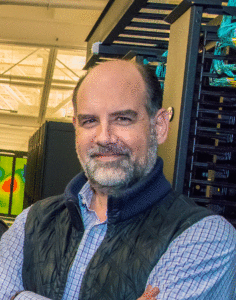
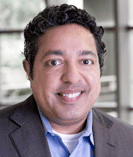
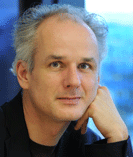
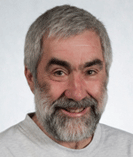
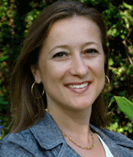

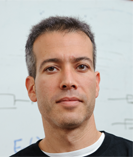
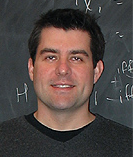
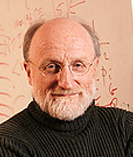

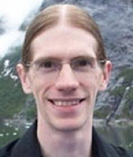
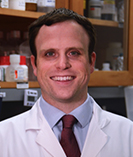
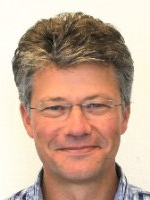
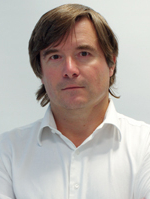



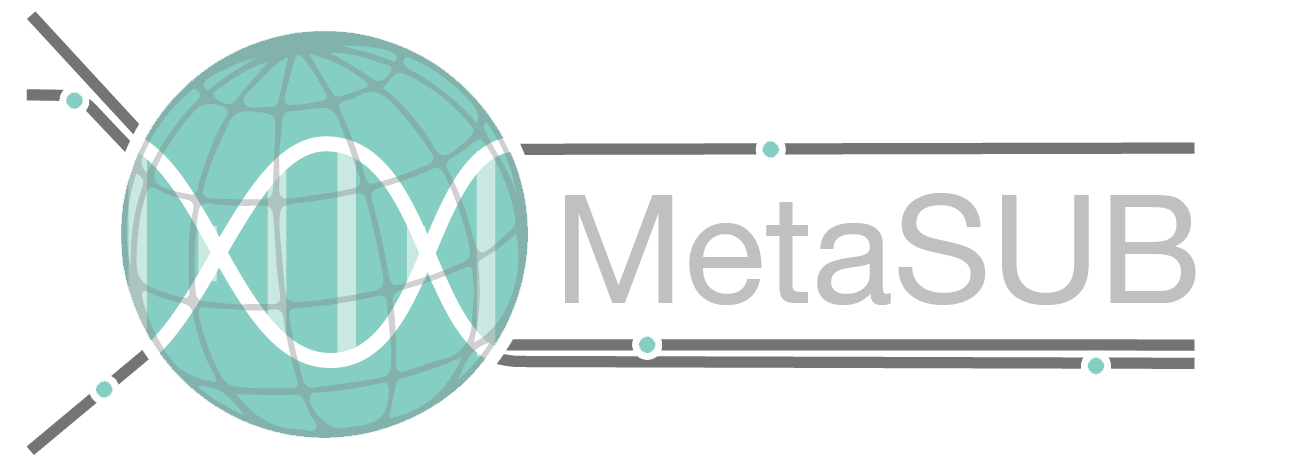

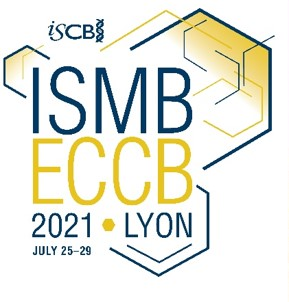



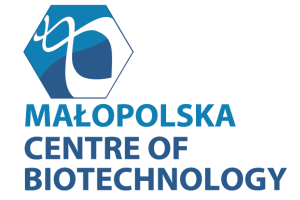

STAY CONNECTED
Tweet